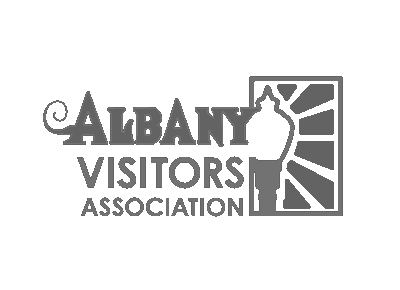Drinking water, including bottled water, may reasonably be expected to contain at least small amounts of some contaminants. The presence of contaminants does not necessarily indicate that water poses a health risk. More information about contaminants and potential health effects can be obtained by calling the Environmental Protection Agency’s Safe Drinking Water Hotline at 800-426-4791 or at epa.gov/safewater.
The sources of drinking water (both tap water and bottled water) include rivers, lakes, streams, ponds, reservoirs, springs and wells. As water travels over the surface of the land or through the ground, it dissolves naturally-occurring minerals and, in some cases, radioactive material, and can pick up substances resulting from the presence of animals or from human activity.
Contaminants in drinking water sources may include:
- Microbial contaminants
- such as viruses and bacteria, which may come from sewage treatment plants, septic systems, agricultural livestock operations, and wildlife;
- Inorganic contaminants
- such as salts and metals, which can be naturally-occurring or result from urban stormwater runoff, industrial or domestic wastewater discharges, oil and gas production, mining, or farming;
- Pesticides and herbicides
- which may come from a variety of sources such as agriculture, urban stormwater runoff, and residential uses;
- Organic chemical contaminants
- including synthetic and volatile organic chemicals, which are byproducts of industrial processes and petroleum production, and which can also come from gas stations, urban stormwater runoff, and septic systems;
- Radioactive contaminants
- which can be naturally-occurring or be the result of oil and gas production and mining activities.
In order to ensure that tap water is safe to drink, EPA prescribes regulations that limit the amount of certain contaminants in water provided by public water systems. Food and Drug Administration regulations establish limits for contaminants in bottled water that must provide the same protection for public health.
Special Notice for Immuno-compromised Persons
Some people may be more vulnerable to contaminants in drinking water than the general population. Immuno-compromised persons such as those with cancer undergoing chemotherapy or who have undergone organ transplants, people with HIV/AIDS or other immune system disorders, some elderly, and infants can be particularly at risk from infections. These people should seek advice about drinking water from their health care providers. Guidelines from the Environmental Protection Agency and Centers for Disease Control and Prevention on appropriate means to lessen the risk of infection by cryptosporidium and other microbial contaminants are available from the Safe Drinking Water Hotline at 800-426-4791.


